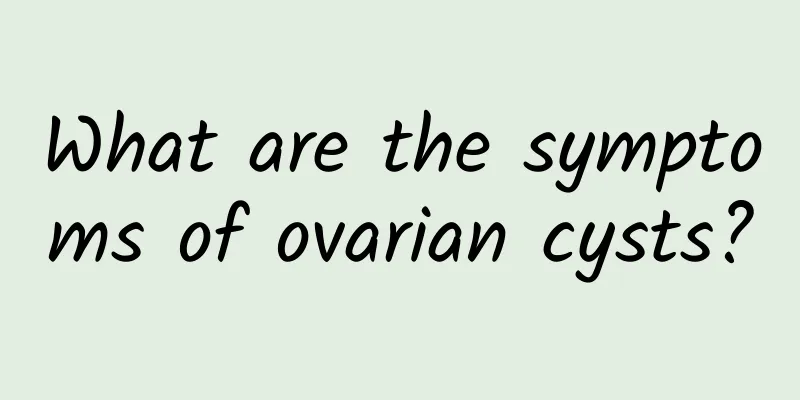Bartholin's gland cyst during pregnancy

|
Treatments for Bartholin's gland cysts during pregnancy include warm compresses, antibiotics, and surgical drainage. The causes may be related to changes in hormone levels, local infection, or gland blockage. Changes in hormone levels during pregnancy may cause increased secretions from the Bartholin's glands, increasing the risk of gland blockage, and local infection may also trigger cyst formation. 1. Changes in hormone levels: During pregnancy, the levels of estrogen and progesterone in the body increase significantly, which may stimulate the Bartholin's glands to secrete more, leading to gland blockage and cyst formation. Pregnant women are advised to maintain good personal hygiene, avoid using irritating lotions, and wash the vulva regularly. 2. Local infection: During pregnancy, the immune system is relatively low, and it is easy to get vulvar or vaginal infection. The infection may spread to the Bartholin's glands and cause cysts. If symptoms such as redness, swelling, and pain occur, you should seek medical attention in time. The doctor may prescribe antibiotics such as amoxicillin and cephalosporins for treatment. 3. Gland obstruction: The obstruction of the Bartholin's gland duct may lead to the accumulation of secretions and the formation of cysts. Hot compress is an effective way to relieve symptoms. Soaking the affected area in warm water or applying a hot towel for 15-20 minutes every day can help promote blood circulation and relieve discomfort. If the cyst is large or recurrent, surgical drainage may be required. The doctor will choose small incision drainage or cystostomy under local anesthesia according to the situation. If you find a Bartholin's gland cyst during pregnancy, you should avoid squeezing or handling it yourself to avoid infection or worsening symptoms. See a doctor promptly. The doctor will develop an appropriate treatment plan based on the size of the cyst, symptoms, and the overall health of the pregnant woman. Hot compresses, antibiotic treatment, or surgical drainage can effectively relieve symptoms and ensure the health of mother and baby. Pregnant women should have regular prenatal checkups, pay close attention to physical changes, and deal with abnormalities in a timely manner to avoid delaying the disease. |
<<: What are the symptoms of hydatidiform mole?
>>: Can I take Progynova for premature ovarian failure?
Recommend
Treatment of chronic cervicitis should start with daily care
Chronic diseases generally cannot be cured immedi...
What are the symptoms of spontaneous abortion infection?
Symptoms of spontaneous abortion infection includ...
Vulvar itching, what's going on?
Common causes of vulvar itching include vaginal i...
Sichuan style original weight loss method, first reduce belly fat with these 4 tricks and lose 5 kg!
When did you start caring so much about losing we...
Is endometrial tuberculosis difficult to cure?
Experts point out that for the treatment of endom...
How to relax after walking? 4 Steps to Stretching
After exercise, it is easy for us to ignore "...
What are the adverse consequences of premature ovarian failure?
What are the adverse consequences of premature ov...
Water chestnut, coix seed and fish maw porridge as auxiliary treatment for ovarian cyst
In order to avoid weight loss and nutritional imb...
What are the symptoms of vulvar leukoplakia
According to medical evidence, the incidence of v...
Waking up from hunger in the middle of sleep, ruining your weight loss efforts? Don't try these five late-night foods
If you want to lose weight, it is very important ...
Sculpting soft lines with water jet autologous fat transplantation
Does Queen A-mei need liposuction? This topic has...
What serious symptoms can irregular menstruation cause?
Many women think that irregular menstruation is a...
What are the folk remedies for treating pelvic peritonitis?
Most women suffer from gynecological inflammation...
Postpartum fat loss! Chen Yangjin shares 6 weight loss principles
Those who follow Grace Chen Yangjin's FB fan ...
Introducing the reasons for doing B-ultrasound before medical abortion
Many women have called to ask why they need to do...









